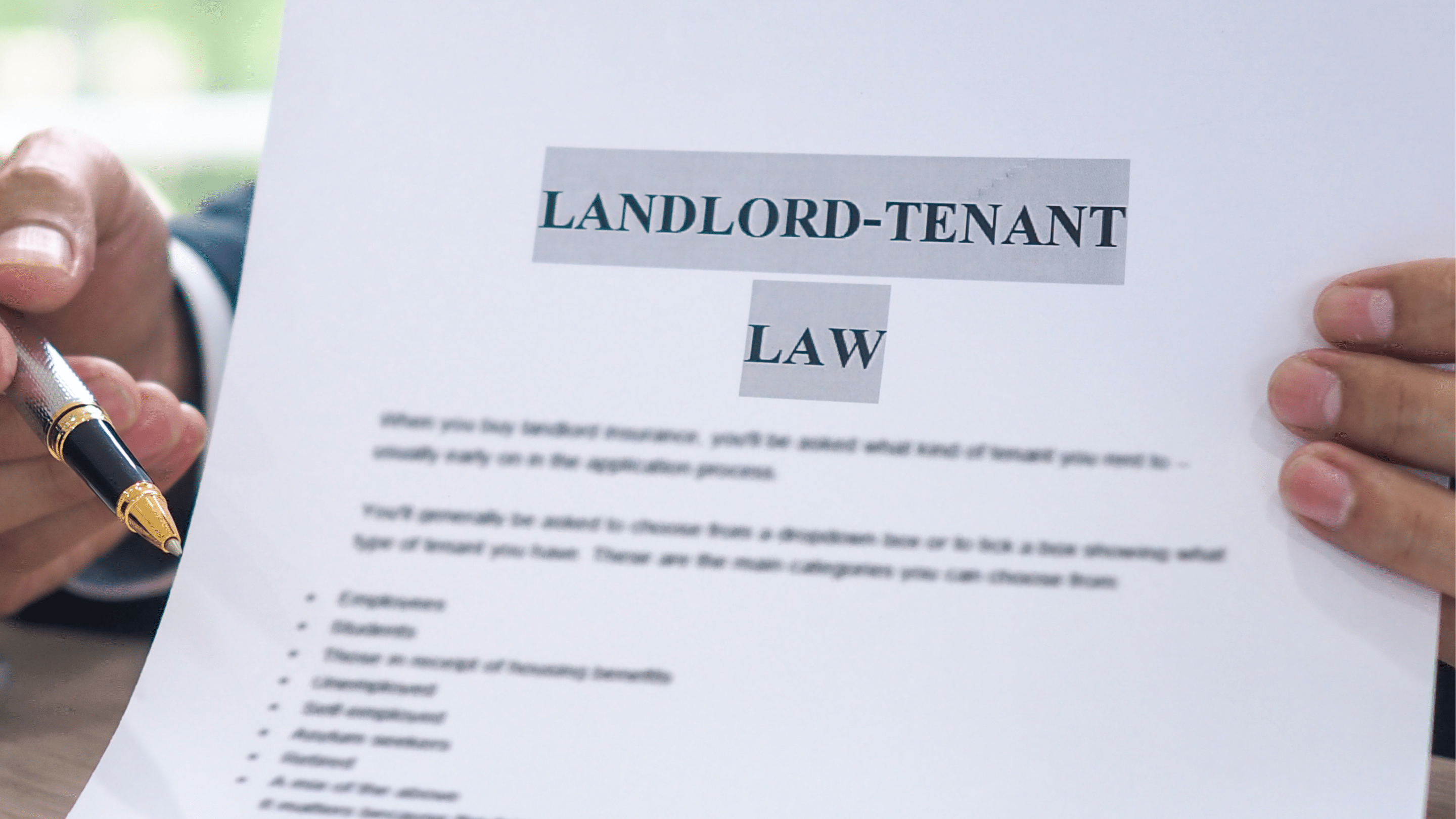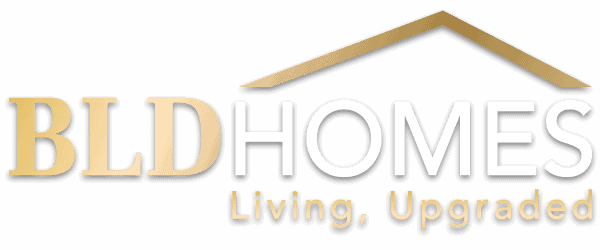Landlord Responsibilities
- Have the unit meet the Fire safety regulations and local building codes.
- Have the unit meet Municipal property standards.
- Have the unit meet the Zoning bylaws.
- Maintain the rental unit home in a good state of repair.
- Ensure the property complies with all health and safety guidelines.
- Always ensure a reasonable supply of fuel, electricity, hot and cold water and other utility services (cable, Internet) unless the tenant has agreed to obtain and pay for these services.
- Collect rent.
- Provide the tenant a copy of the lease and rent receipts.
- Allow for peaceful enjoyment of the property.
- Provide all essential appliances and fixtures or other additions and utilities mentioned in the lease.
- Maintain common areas like hallways and yards and remove snow from driveways and walkways.
- Get rid of household pests like mice, cockroaches, etc.
- Follow legal procedure to evict a tenant in case of non-payment of rent or breach of lease.
- Return the rental deposit (if applicable) after the tenant moves out.

Landlord Prohibitions
- The landlord cannot enter the property without providing acceptable 24-hour notice and receiving the tenant’s permission.
- Interfere with the reasonable enjoyment of the premises by the tenant and the members of their household, or their guests.
- Seize, without legal process, a tenant’s property for rent default or for the break of any other obligation of the tenant.
- Harass, obstruct, coerce, threaten, or interfere with the tenant.
- Evict the tenant in bad faith.
- Refuse a tenant based on race, colour or ethnic background, religious beliefs or practices, ancestry, including people of Aboriginal descent, place of origin, citizenship, including refugee status, sex (including pregnancy and gender identity), family status, marital status, including people with a same-sex partner, disability, sexual orientation, age, including people who are 16 or 17 years old and no longer living with their parents or people who receive public assistance.
- Stop a tenant from breaking their lease early if they have experienced domestic or sexual violence.
- Advertise the availability of the rental unit before the tenant moves out.
- Fail to keep the special provision notice and any supporting documentation confidential.
- Charge more rent than is allowed under the act.
- Charge additional rent after the tenancy has ended and the tenant has moved out
- Force a tenant to pay a rent increase before it has been approved by the Landlord and Tenant Board (LTB).
- Make a tenant or potential tenant buy anything from the landlord or an existing tenant to secure or keep a rental unit (for example, requiring a potential tenant to buy window coverings or furniture if they want to rent the space).
- Refuse to give a tenant or former tenant a rent receipt on request.
- Charge a tenant, sub-tenant or potential tenant additional fees, such as a damage deposit or charging for air conditioning when it is already included in the lease.
- Fail to return a rent deposit to a tenant if the landlord cannot give the tenant possession of the rental unit.
- Use a tenant’s rent deposit for something other than the last month’s rent.
- Not pay the tenant annual interest on their rent deposit.
- Enter the unit at a time not between 8:00 a.m. and 8:00 p.m. unless for emergency.
- Enter the unit or a reason that is not allowed under the act.
- Enter the unit without providing the tenant 24-hour notice.
- Charge a tenant a portion of the utility cost without their consent.
- Stop taking responsibility for supplying electricity without the tenant’s consent.
- Interfere with the supply of a vital service including, hot or cold water, fuel, electricity, natural gas, and heat. (Air conditioning, parking and storage are not vital services).
- Take back possession of a rental unit without following the process set out in the act.
- Take a tenant’s belongings without following the rules.
- Make a tenant move out of a rental unit by giving a notice of termination to a tenant for a reason known to be untrue.
- Change the locks to a rental unit or building without giving the tenant a new key.
- Give notice to end the tenancy of a rental unit so that the landlord can convert it to a condominium where it is not permitted.
- Evict a tenant so that major repairs or renovations can be made to the rental unit without compensating the tenant or offering them another acceptable place to live.
- Fail to offer a tenant the right of first refusal after major repairs or renovations or when the building is changed to a condominium.
- Stop a tenant from getting their belongings within 72 hours of an eviction enforced by police.
Our stunning interior finishes include many features that other builders charge as upgrades such as quartz countertops, luxury vinyl flooring and basement in-floor heating. High caliber exterior finish materials also come standard on our homes, such as Stone, Stucco, and Cement Fiber Board siding. We also do our part to be mindful of the environment by building our foundations with ICF (insulated concrete form). ICF foundations are resilient, innovative, environmentally friendly and energy and resource efficient, so you save on utility costs and have a greener appartment that lasts a lifetime.
We love feedback! Tell us how we can improve our services.

